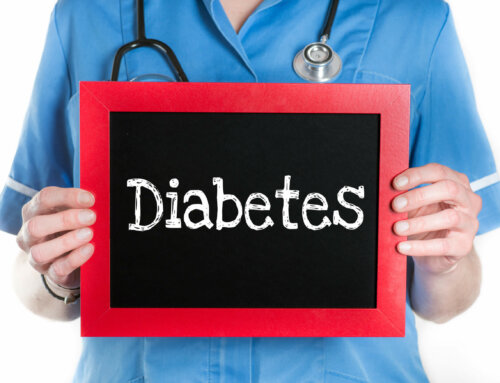This article is part two in a series on Important Diabetes Terms. To catch up, please read part one.
I’d like to continue our series of important terms in the world of diabetes. I hope these help you during your doctor office visits, as well as provide you essential information when managing your diabetes.
- CGM – Continuous Glucose Monitoring: A device that measures glucose levels by placing a sensor on the body for up to 7 days. It is beneficial for predicting blood glucose trends and can alert you if your blood sugar is rapidly going up or down. These numbers are stored and then downloaded onto a computer in a chart or graph form to help the physician with your diabetes management. The CGM does not replace the finger stick which is still the gold standard for medication adjustments.
- SMBG – Self Monitoring of Blood Glucose: Using a glucose meter on a daily basis is an approved standard for people with type 1, type 2 or gestational diabetes. It should be used at varying times of the day to get adequate readings. It gives you immediate feedback so you can decide on future treatment and management. Remember to wash your hands prior to a finger stick.
- Polyuria: A symptom of diabetes which is increased urination. Your kidneys and the filtering system are overwhelmed by the excess sugar and the process leads to more urination and eventual dehydration. (50% of people with diabetes may have this symptom)
- Polydipsia: A symptom of diabetes which is increased thirst to help prevent dehydration due to excess sugar and fluid being pulled from the body.
- Polyphagia: A symptom of diabetes which is increased hunger. Your body is not getting glucose to the cells which feed them. Instead, it is sitting in the blood stream; you are hungry and crave food.
These are just a few more of the diabetes terms that may be unfamiliar to you. We will continue to keep you informed with more terms in future newsletters. Until then, maintain and enjoy your health!
NOTE: Consult your doctor first to make sure my recommendations fit your special health needs.






Leave A Comment